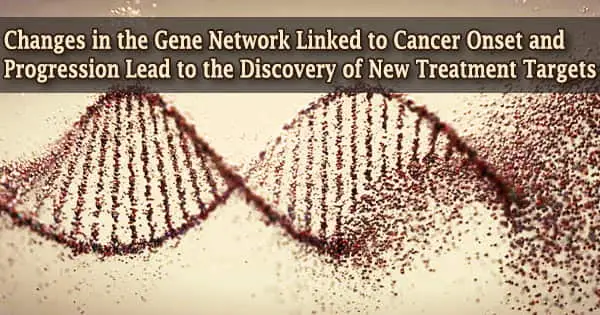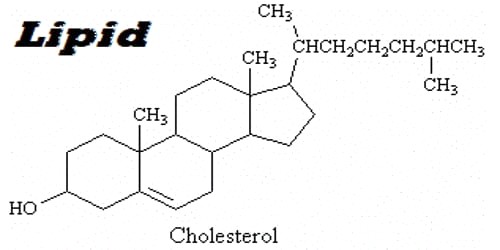Colistin is a “last resort” antibiotic for patients with infections that have become multi-drug resistant. A study that was just released in Cell Reports describes how populations of the bacterium Pseudomonas react to treatment with Colistin.
Although bacteria can develop resistance to the antibiotics that patients rely on, antibiotics nevertheless play a critical role in maintaining human health by helping to fight bacterial infection. More than 1 million people die each year due to illnesses that are resistant to antibiotics.
Researchers from the University of Oxford are examining the mechanisms that underlie the rise and fall of resistance in populations of common bacterial pathogens because there are only a limited number of “last-resort” antibiotics available. Understanding these mechanisms is crucial for combating the rise in antimicrobial resistance (AMR).
Professor Craig MacLean, Department of Biology, University of Oxford, said: “Our work has shown that a gene involved in resistance to a last resort antibiotic mutates at an incredibly high rate, allowing bacteria to quickly evolve antibiotic resistance.”
“Our research suggests that, for this particular case, selective pressures generated by this gene’s association with the immune system may have driven the evolution of extra-fast mutation rate, that be quickly evolving to make bacteria resistant to antibiotics.”
Our work has shown that a gene involved in resistance to a last resort antibiotic mutates at an incredibly high rate, allowing bacteria to quickly evolve antibiotic resistance. Our research suggests that, for this particular case, selective pressures generated by this gene’s association with the immune system may have driven the evolution of extra-fast mutation rate, that be quickly evolving to make bacteria resistant to antibiotics.
Professor Craig MacLean
A bacterium called pseudomonas frequently causes lung infections in hospital patients. Over 900 populations of Pseudomonas were cultivated by the researchers, and Colistin was used to cure them.
The scientists could gauge how rapidly various populations gained resistance to the antibiotic and the genetic mutation that causes the resistance by counting bacteria and sequencing their genomes.
The findings demonstrated that a gene that mutates at a rate 1,000 times greater than the background mutation rate caused the Pseudomonas infections to rapidly gain resistance to this last-resort antibiotic. It was possible for the bacteria to evolve their resistance to Colistin thanks to mutations in this gene, known as pmrB.
Researchers hypothesize that the pmrB gene’s connection to the human immune system may be the cause of this rapid mutation rate. The bacterium would be better able to adapt to shifting immune system conditions if it mutated quickly.
The investigation also uncovered a favorable result, despite the fact that the bacteria evolved their resistance to Colistin at a considerably quicker rate than anticipated. Because of the fast rate of mutation, the pathogen populations quickly lost resistance when the antibiotic was discontinued.
The study will now be expanded by the researchers to look at additional characteristics of Pseudomonas that may contribute to its high levels of antibiotic resistance.
















